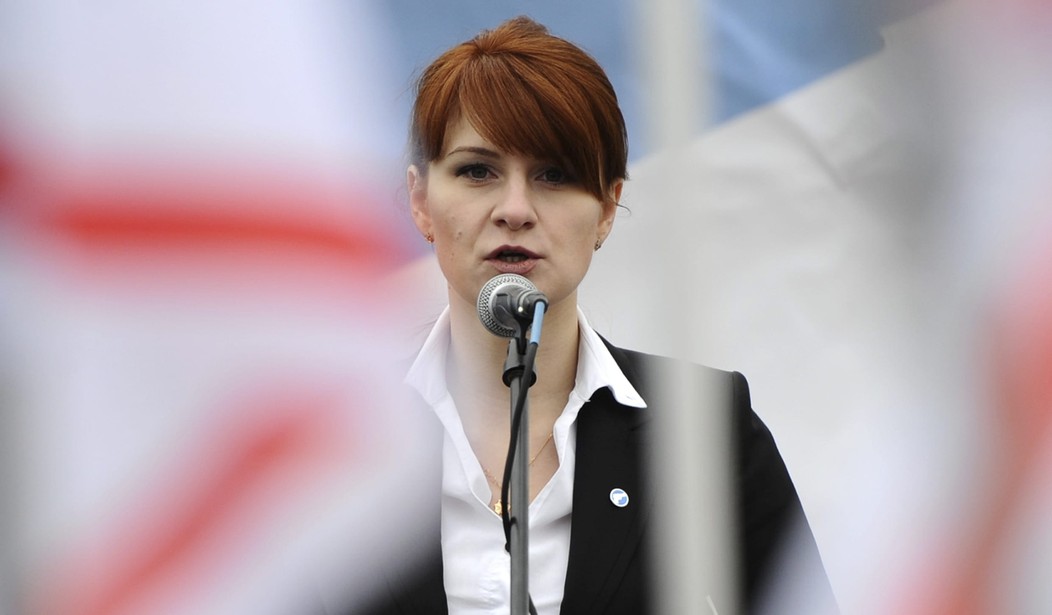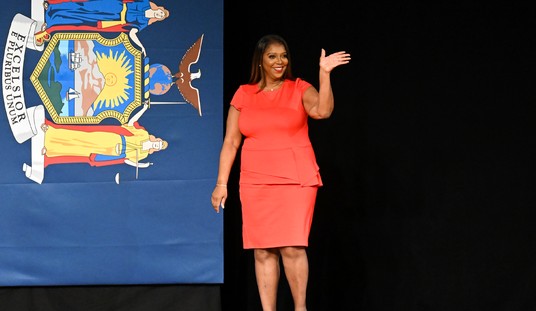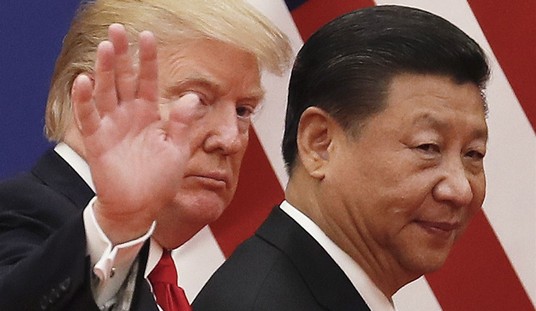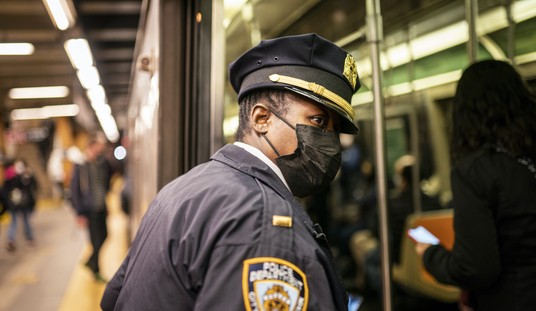WASHINGTON — A judge in the U.S. District Court for the District of Columbia denied bond today for an accused Russian spy as prosecutors alleged that she offered sex to gain an edge in her political influence operation.
Maria Butina, 29, was taken into custody on Sunday and charged with working in the United States as an unregistered foreign agent. On Tuesday, a federal grand jury indicted her on conspiracy and acting as a foreign agent. Today she pleaded not guilty.
The DOJ charges that from 2015 through at least February 2017 Butina worked at the direction of a high-level official in the Russian government — Alexander Torshin, the state secretary-deputy governor of the Central Bank of the Russian Federation who was sanctioned by the Treasury Department in April — and at times with “an American political operative ” (identified as U.S. Person 1) to “jointly arrange introductions to U.S. persons having influence in American politics for the purpose of advancing the agenda of the Russian Federation.”
A goal was “establishing relationships with American political organizations,” including an unnamed “gun rights organization” believed to be the NRA; the original arrest affidavit describes contacts involving GOP officials, the National Prayer Breakfast and CPAC.
Several media outlets have reported that U.S. Person 1 is believed to be Republican strategist and fundraiser Paul Erickson, a former board member of the American Conservative Union who was identified by the New York Times in December as a likely tie between Russia and the Trump campaign. “Happenstance and the (sometimes) international reach for the NRA placed me in a position a couple of years ago to slowly begin cultivating a back-channel to President Putin’s Kremlin,” he wrote in a May 2016 email to Rick Dearborn, who was a staffer of then-Sen. Jeff Sessions (R-Ala.).
In a court filing arguing that Butina was too much of a flight risk to release on bond, prosecutors noted that Butina “and U.S. Person 1, age 56, are believed to have cohabitated and been involved in a personal relationship during the course of Butina’s activities in the United States.”
Butina “appears to treat that relationship as simply a necessary aspect of her activities,” said the memo in favor of pretrial detention. “For example, on at least one occasion, Butina offered an individual other than U.S. Person 1 sex in exchange for a position within a special interest organization. Further, in papers seized by the FBI, Butina complained about living with U.S. Person 1 and expressed disdain for continuing to cohabitate with U.S. Person 1.”
Prosecutors also note that “during the course of her deployment to the United States, Butina was in contact with officials believed to be Russian intelligence operatives,” namely the FSB and a Russian diplomat suspected of being an intelligence officer. “The concern that Butina poses a risk of flight is only heightened due to her connection to suspected Russian intelligence operatives.”
“The FBI has uncovered electronic communications revealing Butina’s involvement in the planning of the covert influence operation with U.S. Person 1. This series of communications included a discussion about how Butina could best enter and remain in the United States,” the filing continued. “Butina chose a student visa from a range of options for her ultimate application, but not before a lengthy discussion of the risks associated with traveling to the United States repeatedly on a tourist visa. The FBI has discovered text messages and emails between U.S. Person 1 and Butina in which Butina would routinely ask U.S. Person 1 to help complete her academic assignments, by editing papers and answering exam questions. In other words, although she attended classes and completed coursework with outside help, attending American University was Butina’s cover while she continued to work on behalf of the Russian Official.”
The document alleges that Butina lied about no longer working for Torshin when she applied for the student visa.
In the days before her arrest, she applied for a travel visa, packed up her belongings, and notified her landlord that she would be out by July 31, according to FBI investigators. “On July 12, 2018, Butina and U.S. Person 1 were observed entering a bank in Washington, D.C., and sending an international wire transfer in the amount of $3,500 to an account in Russia,” the document continued, adding, “Even if Butina were only trying to leave the immediate Washington, D.C., area, her sole real tie to the United States at all is U.S. Person 1, who, as the affidavit in support of the complaint demonstrates, was instrumental in aiding her covert influence operation, despite knowing its connections to the Russian Official.”
Prosecutors expressed concern that, if released on bond, Butina would head straight for the Russian Embassy and be scuttled out of the country. Butina’s lawyer said she was planning to move to South Dakota.









Join the conversation as a VIP Member